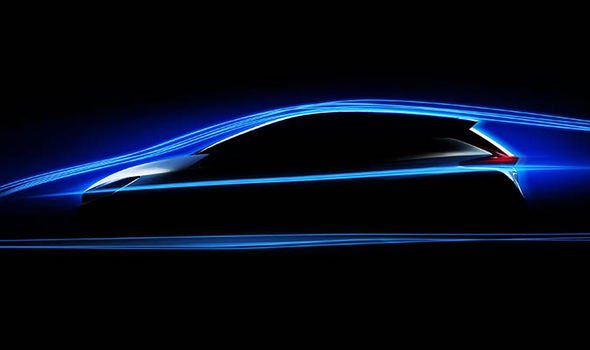(REPOST: WWF)
Electric vehicles (EVs) got a good showing in Philip Hammond’s Budget on Wednesday, with a new £400 million fund for charge points, an extra £100 million to make EVs cheaper to buy, and a further £40 million for EV innovation. There were also tax tweaks for workplace charging and diesel cars and a plan to electrify the Government vehicle fleet.

As soon as possible
This raft of measures is very encouraging (although some rather less so than others). But my favourite bit was when the Chancellor said that moving to electric cars is “a change that needs to come as soon as possible for our planet”.
However, the UK is planning to continue selling fossil fuelled cars for another 22 and a bit years (265 months). Is that really “as soon as possible”?
We don’t think so. Just like renewables, the costs of EV batteries are falling faster than anybody predicted. And just like renewables, EVs enjoy high levels of public support. 40% of people around the world planning to buy a car within the next five years saying they are likely to buy all-electric.
Lagging behind
Internationally, the UK is lagging way behind other countries. We currently sit joint-bottom of the league of countries’ EV targets, behind India, Ireland and Slovenia, among others. China is also making huge strides, making up more than half of global EV sales in Q3 2017.
It’s not just countries that are racing ahead either. Cities like Paris and Oxford are planning to ban exhaust-spewing cars from their streets by 2030 and 2020 respectively. Uber is planning to go 100% hybrid or electric in London from 2020, which makes the new target announced in the Budget, for the UK central Government fleet to go 25% electric by 2022, seem a little tame. Even the manufacturers are powering ahead. Jaguar Land Rover and Volvo, for example, are committing to putting electric motors in all their cars within three years.


